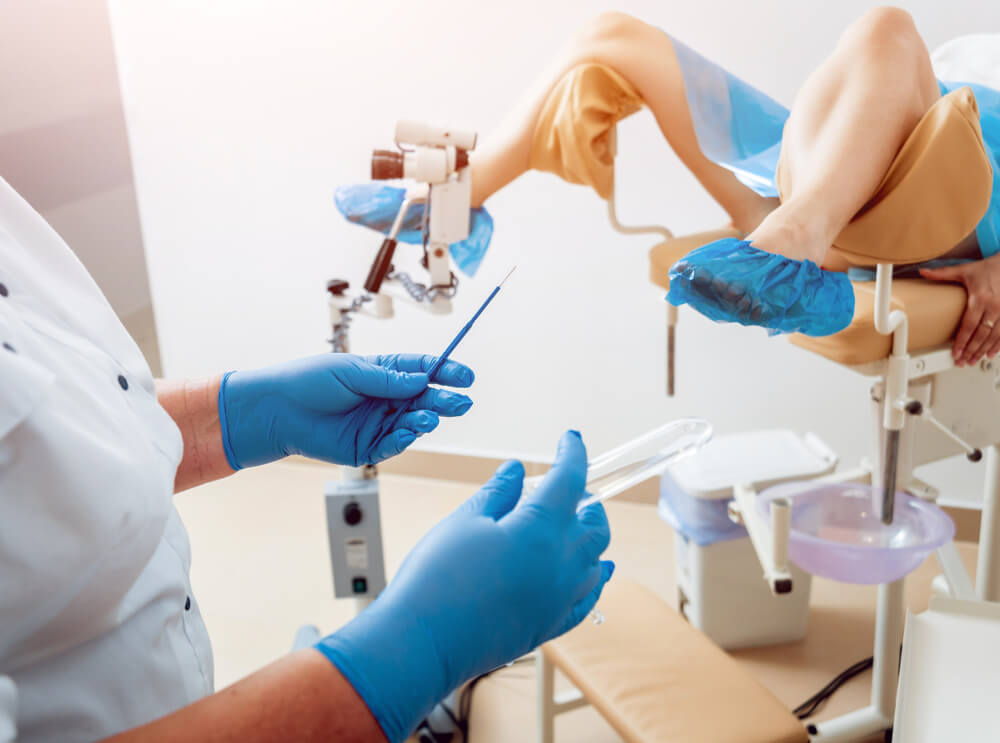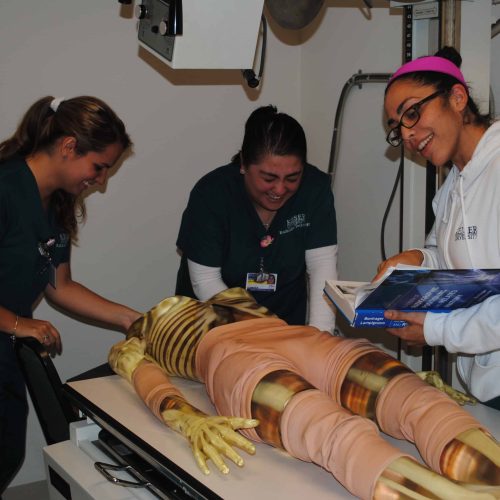A urologist and a urogynecologist are both medical specialists who deal with issues related to the urinary system and reproductive organs, but they focus on different aspects of these areas.
A urologist is a medical doctor who specializes in the diagnosis and treatment of conditions related to the urinary tract in both males and females. They typically deal with issues such as urinary incontinence, kidney stones, urinary infections, and urological cancers. Urologists are trained to perform surgeries and procedures like vasectomies, cystoscopies, and prostate biopsies. They treat a wide range of conditions related to the kidneys, bladder, ureters, and urethra, and also address problems related to male reproductive organs such as infertility and erectile dysfunction.
On the other hand, a urogynecologist is a subspecialist within the field of gynecology. They primarily focus on the diagnosis and treatment of conditions related to the female pelvic organs, such as the bladder, uterus, vagina, and rectum. Urogynecologists handle issues like urinary incontinence, pelvic organ prolapse, and bladder disorders. They are skilled in performing surgeries such as vaginal reconstruction, slings for urinary incontinence, and hysterectomies. Additionally, urogynecologists specialize in female pelvic floor disorders, which occur when the muscles and ligaments supporting the pelvic organs weaken or become damaged. These disorders can cause discomfort, pain, and bladder or bowel problems.
In summary, while both urologists and urogynecologists deal with issues related to the urinary system and reproductive organs, their areas of focus differ. Urologists primarily treat both male and female urinary tract disorders and urological cancers, while urogynecologists concentrate on female pelvic floor disorders and conditions specific to female reproductive organs. Depending on the nature of the problem, individuals may need to consult either a urologist or a urogynecologist for proper diagnosis and treatment.
Should I see a urologist or a gynecologist?
While your gynecologist can treat certain conditions related to the urinary system, such as a urinary tract infection (UTI), they may refer you to a urologist if you experience recurrent UTIs or have other symptoms that indicate something is affecting your urinary tract.
Should I see a urologist or an urogynecologist?
It usually depends on who you see first. In general, if you have a dropped uterus or a very weak pelvic floor, I think a urogynecologist is the most appropriate person for you to see first. If you have either a complex urinary issue, or even straightforward urinary problems, a urologist is probably your best bet.

What is the most common urogynecology surgery?
The two most common urogynecologic surgery procedures are laparoscopic and transvaginal surgery. These procedures have the benefits of causing less pain and discomfort during the recovery period, a shorter recovery period and less scarring as compared to traditional surgery.
Why would you see a urogynecologist?
Urogynecologists handle issues related to the pelvic floor and bladder. This includes overactive bladders, weak pelvic muscles, reproductive issues, and bladder or rectal incontinence (the loss of control when going to the bathroom). Urogynecologists perform evaluations, diagnose and treat patients.Jul 8, 2023
Why would you see a gynecologist?
They deal with a wide range of issues, including obstetrics, or pregnancy and childbirth, menstruation and fertility issues, sexually transmitted infections (STIs), hormone disorders, and others. In the United States, some women prefer to visit a well-woman clinic rather than a family doctor for general health issues.
What does a gynecologist do to females?
What Does a Gynecologist Do? Gynecologists give reproductive and sexual health services that include pelvic exams, Pap tests, cancer screenings, and testing and treatment for vaginal infections. They diagnose and treat reproductive system disorders such as endometriosis, infertility, ovarian cysts, and pelvic pain.Aug 4, 2023

What is the purpose of going to the gynecologist?
A gynecologist diagnoses and treats issues with female reproductive organs. They deal with all aspects of sexual health like preventive care, cancer screenings and physical exams. Some of the services and tests provided are: Pelvic exams and external genital exams.Dec 1, 2022

Is a gynecologist exam painful?
As a rule, a pelvic exam doesn’t hurt. But it may not be comfortable, or may feel strange, especially if it’s your first one. Let your doctor know right away if you feel any pain during the exam. A pelvic exam should only take 5 to 10 minutes.
How does a gynecologist check you?
A physical exam may include a pelvic exam, cervical cancer screening, or a breast exam: In a pelvic exam, your ob-gyn may look at your vulva, vagina, and cervix to check for any signs of problems. And your ob-gyn may check your internal organs with a gloved hand.



